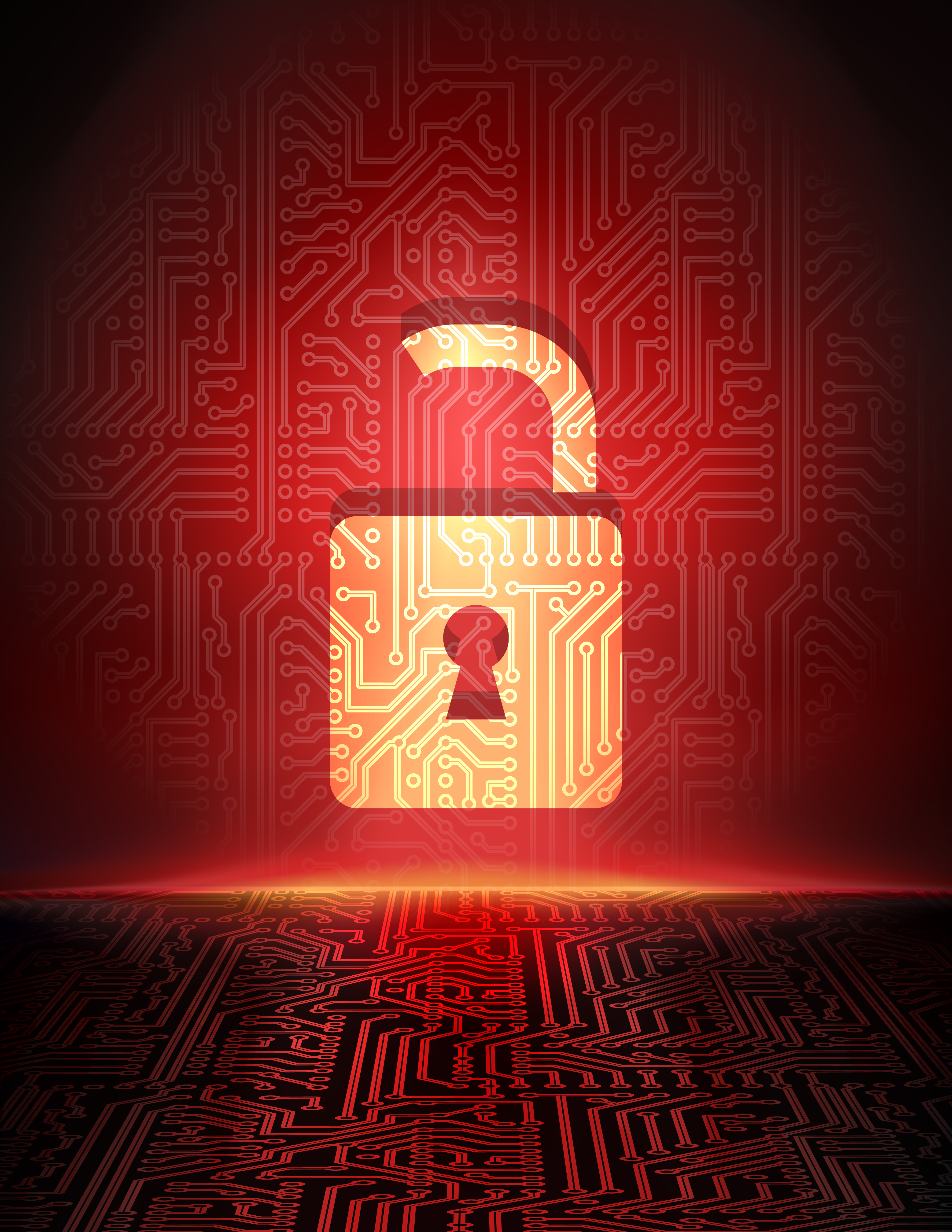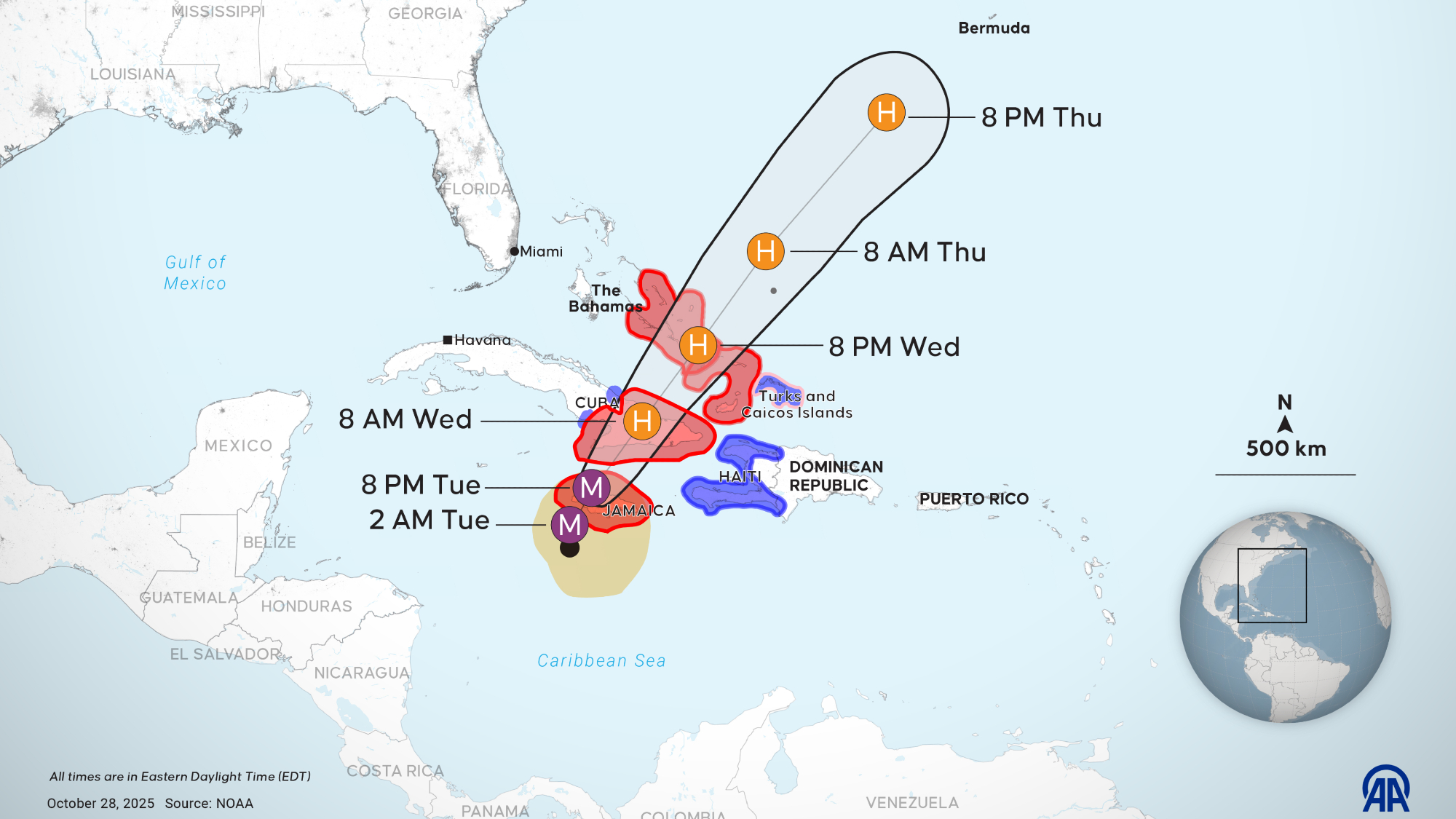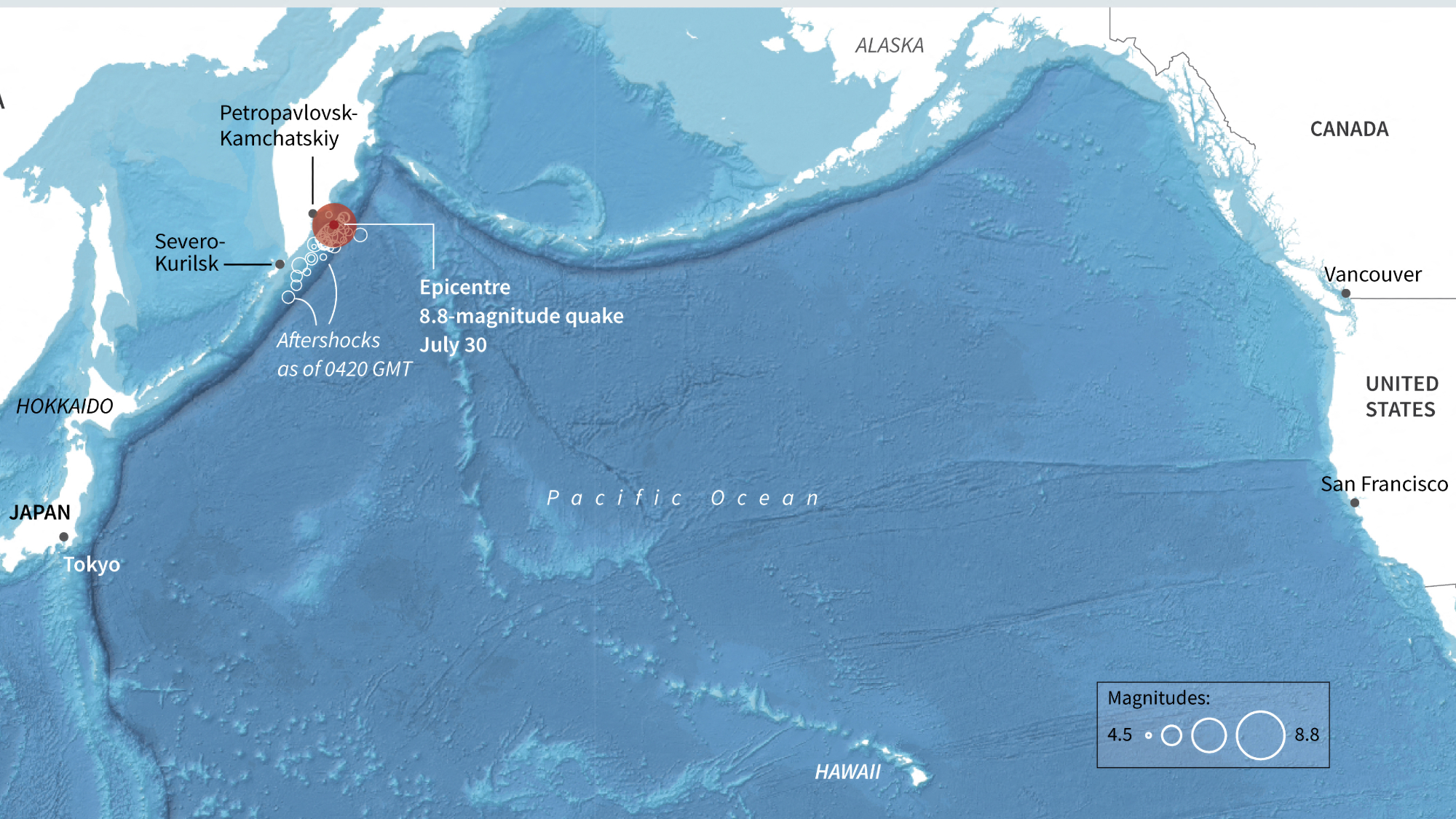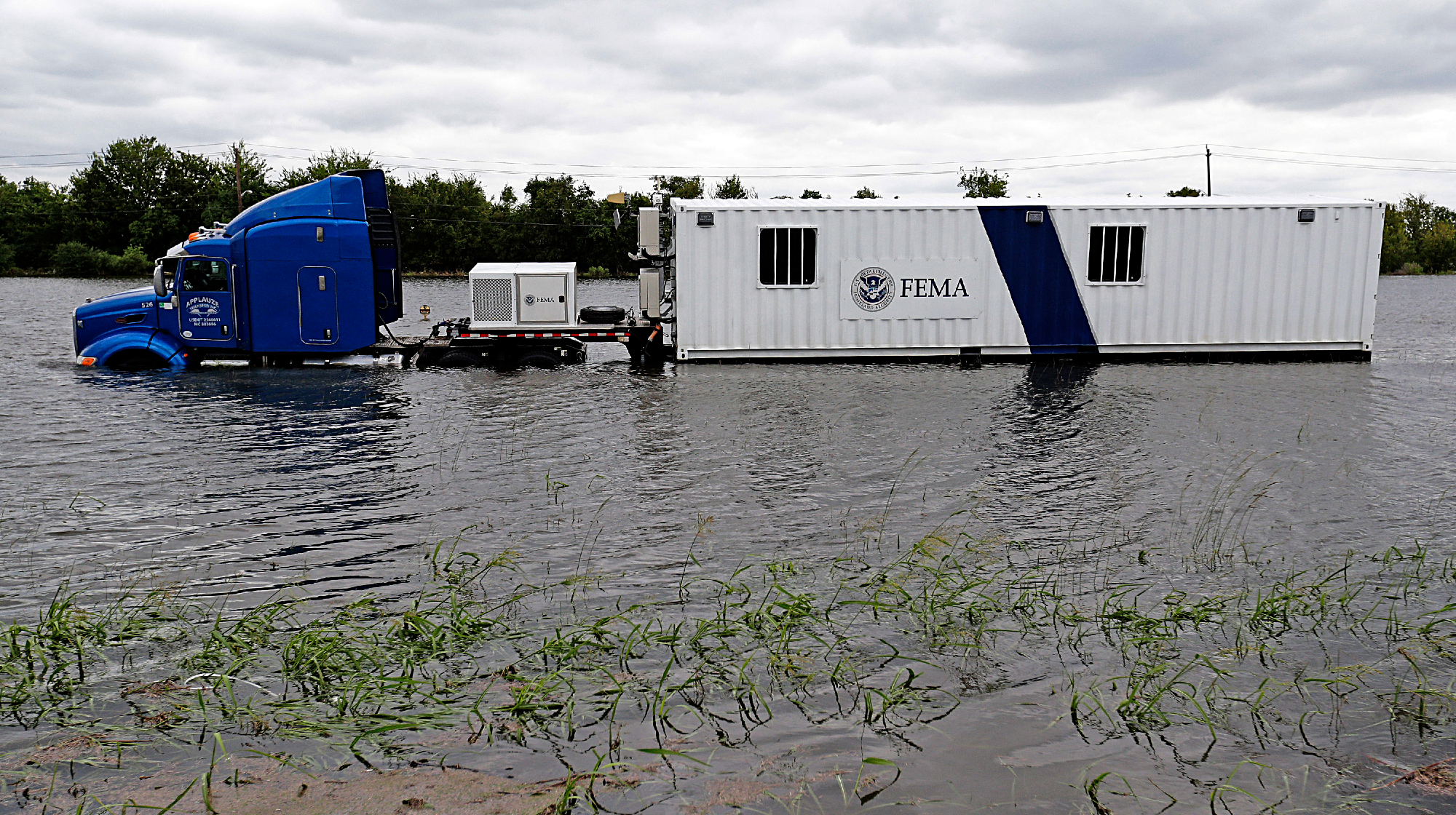America's nuclear power plants use passwords like '1234'


A free daily email with the biggest news stories of the day – and the best features from TheWeek.com
You are now subscribed
Your newsletter sign-up was successful
The only thing preventing a possible nuclear reactor meltdown could be the password "1234," according to a new global study of power plant security systems, the Financial Times reports. Hacking into a power plant's computers could allow a malicious individual to tamper with cooling systems and back-ups to induce a nuclear meltdown. While the risk of damage is exponentially high in the case of a hack, new research has found that nuclear facilities have few measures in place to prevent a destructive cyber attack.
"Cyber security is still new to many in the nuclear industry," said Caroline Baylon, who authored the report. "They are really good at safety and, after 9/11, they've got[ten] really good at physical security. But they have barely grappled with cyber."
Baylon and her team at the nonprofit NGO think tank Chatham House studied 50 power plant cyber attacks and interviewed senior officials in Canada, France, Germany, Japan, the U.K., Ukraine, and the U.S. The findings are a bit terrifying:
The Week
Escape your echo chamber. Get the facts behind the news, plus analysis from multiple perspectives.

Sign up for The Week's Free Newsletters
From our morning news briefing to a weekly Good News Newsletter, get the best of The Week delivered directly to your inbox.
From our morning news briefing to a weekly Good News Newsletter, get the best of The Week delivered directly to your inbox.
Most facilities still do not take cyber security seriously enough in spite of such instances, Ms. Baylon said. Officials interviewed for the report, for example, described default vendor logins — the standard factory-set passwords such as "1234" — as being "everywhere" when it comes to the computer systems that regulate nuclear processes. [Financial Times]
Baylon added that many engineers and officials believe that because their computer systems aren't connected to the internet, they're immune to attacks — a mindset Baylon called "a culture of denial."
"Many people said it was simply not possible to cause a major incident like a release of ionizing radiation with a cyber attack... but that's not necessarily true," she said.
A free daily email with the biggest news stories of the day – and the best features from TheWeek.com
Jeva Lange was the executive editor at TheWeek.com. She formerly served as The Week's deputy editor and culture critic. She is also a contributor to Screen Slate, and her writing has appeared in The New York Daily News, The Awl, Vice, and Gothamist, among other publications. Jeva lives in New York City. Follow her on Twitter.
-
 The Olympic timekeepers keeping the Games on track
The Olympic timekeepers keeping the Games on trackUnder the Radar Swiss watchmaking giant Omega has been at the finish line of every Olympic Games for nearly 100 years
-
 Will increasing tensions with Iran boil over into war?
Will increasing tensions with Iran boil over into war?Today’s Big Question President Donald Trump has recently been threatening the country
-
 Corruption: The spy sheikh and the president
Corruption: The spy sheikh and the presidentFeature Trump is at the center of another scandal
-
 Death toll from Southeast Asia storms tops 1,000
Death toll from Southeast Asia storms tops 1,000speed read Catastrophic floods and landslides have struck Sri Lanka, Indonesia, Thailand and Malaysia
-
 Hurricane Melissa slams Jamaica as Category 5 storm
Hurricane Melissa slams Jamaica as Category 5 stormSpeed Read The year’s most powerful storm is also expected to be the strongest ever recorded in Jamaica
-
 Renewables top coal as Trump seeks reversal
Renewables top coal as Trump seeks reversalSpeed Read For the first time, renewable energy sources generated more power than coal, said a new report
-
 China vows first emissions cut, sidelining US
China vows first emissions cut, sidelining USSpeed Read The US, the world’s No. 2 emitter, did not attend the New York summit
-
 At least 800 dead in Afghanistan earthquake
At least 800 dead in Afghanistan earthquakespeed read A magnitude 6.0 earthquake hit a mountainous region of eastern Afghanistan
-
 Massive earthquake sends tsunami across Pacific
Massive earthquake sends tsunami across PacificSpeed Read Hundreds of thousands of people in Japan and Hawaii were told to evacuate to higher ground
-
 FEMA Urban Search and Rescue chief resigns
FEMA Urban Search and Rescue chief resignsSpeed Read Ken Pagurek has left the organization, citing 'chaos'
-
 Wildfires destroy historic Grand Canyon lodge
Wildfires destroy historic Grand Canyon lodgeSpeed Read Dozens of structures on the North Rim have succumbed to the Dragon Bravo Fire
